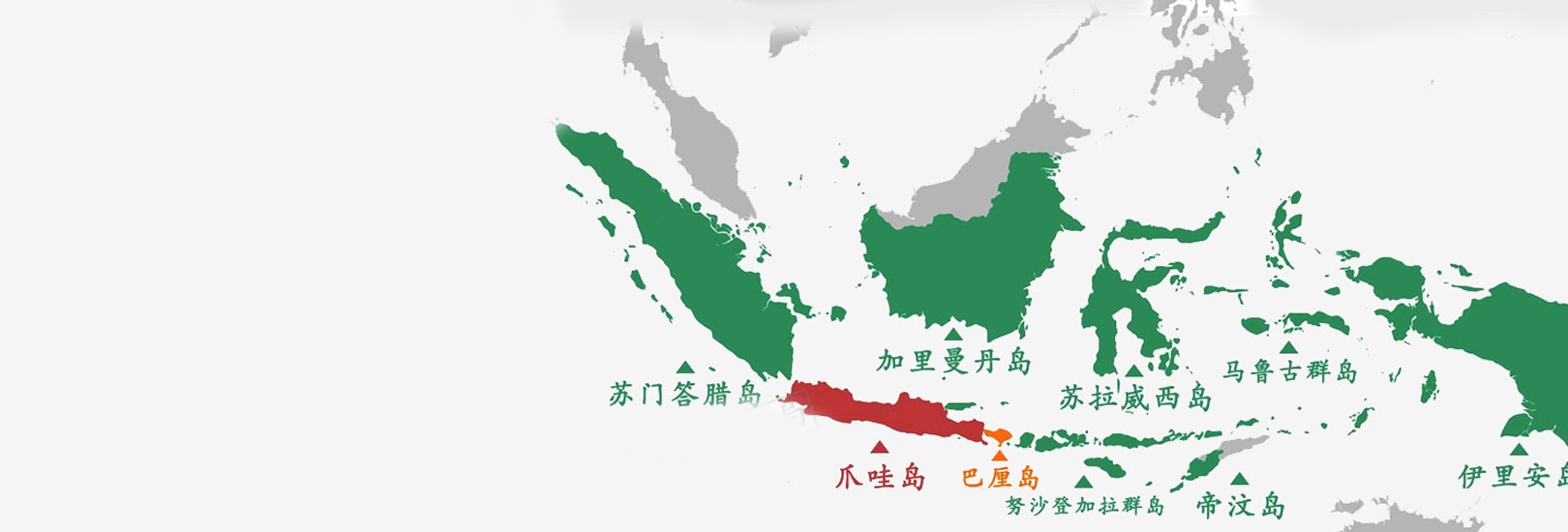
Indonesia implements a two-level taxation system, central and local, with tax legislation and collection power mainly concentrated in the central government. The main current taxes are: corporate income tax, personal income tax, value-added tax, luxury goods sales tax, land and building tax, departure tax, stamp duty, entertainment tax, radio and television tax, road tax, motor vehicle tax, bicycle tax, Advertising tax, foreigner tax and development tax, etc.
Main taxes and rates Income tax: On July 17, 2008, the Indonesian Congress passed the new "Income Tax Law", the highest personal income tax rate was reduced from 35% to 30%, divided into four levels, below 50 million dong, the tax rate is 5%; 5,000 From 10,000 dong to 250 million dong, the tax rate is 15%; from 250 million dong to 500 million dong, the tax rate is 25%; for those above 500 million dong, the tax rate is 30%. The corporate income tax rate was 28% during the transitional period in 2009, and will be reduced to 25% after 2010. Indonesia also has incentives for medium, small and micro enterprises, with a 50% income tax reduction.
Value-added tax: Under normal circumstances, a 10% value-added tax is levied on imports, production and services.
Stamp duty: It is a symbolic tax of 3,000 or 6,000 rupiah levied on the signing of some contracts and other documents. Indonesia’s preferential tax policy for foreign investment According to the Indonesian Government Regulation No. 1 on Income Tax Preferences for Investments in Specified Enterprises or Specified Areas of 2007, the Indonesian government has expanded investment provisions for new investments in the form of limited companies and cooperatives. Income tax benefits.
Income tax benefits offered include:
(1) The corporate income tax rate is 30% (according to the new "Income Tax Law", it is 25% after 2010), which can be paid off within 6 years, that is, 5% is paid annually;
(2)Accelerated repayment and depreciation;
(3)When distributing dividends, the income tax rate paid by foreign-invested enterprises is 10%, or a lower tax rate is used according to the current double taxation avoidance agreement.;
(4)A loss compensation period of more than 5 years is given, but no more than 10 years. The above income tax benefits are granted by the Minister of Finance and are assessed annually。
Investment Promotion Policy Since January 1, 2007, the Indonesian government has exempted 6 types of strategic materials from value-added tax, namely original or dismantled capital materials (excluding parts and components) that are machines and factory tools, livestock, poultry, and fish feed or manufactured feed. Raw materials, agricultural products, seedlings or seeds of agriculture, forestry, animal husbandry and fishery, drinking water channeled through water pipes, and electricity (except for domestic users with more than 6600 watts)。
In February 2007, in order to attract foreign businessmen to enter Indonesia and cooperate with local companies in the fish processing industry, the Indonesian government prepared to take a number of tax measures, including exempting export taxes on domestically processed fish products, reducing import taxes on fishery processing machinery, and reducing income. Tax and value-added tax, enterprises investing in comprehensive economic development zones and eastern regions can also receive preferential land construction tax exemptions. According to Article 30, Paragraph 7 of the Investment Law No. 25 of 2007, investment areas that require approval by the central government include investments in natural resources that pose a high risk of damaging environmental protection, investments across provincial areas, and investments related to national defense strategy and national security. investment.







